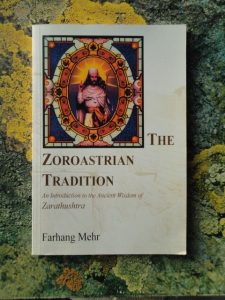This essay ends up considering arguments that natural science – especially mathematical physics – is based on absolute presuppositions whose mythological expression is found in Christianity – especially the doctrine of Incarnation.
I take note along the way of continuing censorship of Wikipedia by the Turkish state.
The post falls into sections as follows.
-
Where to start. To the thesis that everybody can be a philosopher, an antithesis is that persons with the professional title of philosopher ought to know the history of their subject.
-
Ontology. Disdain for this history may lead to misunderstanding of Anselm’s supposed proof of the existence of God.
-
Presupposition. To prove anything, you need a pou sto, or what Collingwood calls an absolute presupposition.
-
Progression. Newton rejected antiquated presuppositions.
-
Reaction. Coal-burners and racists reject new presuppositions.
-
Universality. From the 47th chapter of the Tao Te Ching (in the translation of Gia-fu Feng and Jane English):
Without going outside, you may know the whole world.
Without looking through the window, you may see the ways of heaven.
The farther you go, the less you know.
Thus the wise know without traveling;
See without looking;
Work without doing. -
Religion. To say that we can know the laws governing the entire universe is like saying a human can be God.
-
Censorship. Thus everybody who believes in mathematical physics is a Christian, if only in the way that, by the Sun Language Theory, everybody in the world already speaks Turkish.
-
Trinity. That the university has several departments, all studying the same world – this is supposed to correspond to the triune conception of divinity.
This post began as a parenthesis in another post, yet to be completed, about passion and reason. To anchor that post in an established text, I thought back to David Hume, according to whom,
Reason is, and ought only to be[,] the slave of the passions, and can never pretend to any other office than to serve and obey them.

